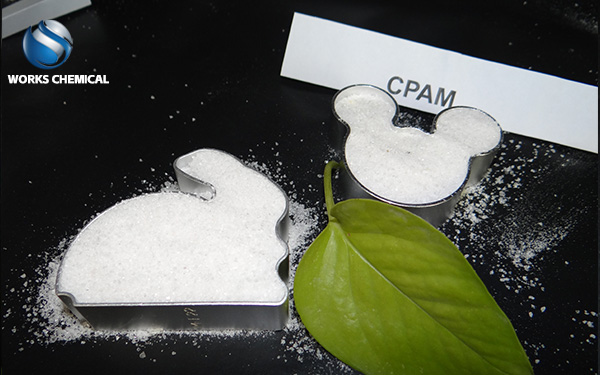
In the selection of sludge conditioner in sewage treatment plant, it is necessary to consider the nature of sludge, treatment process, cost and environmental friendliness. The following is an analysis and summary of sludge conditioners that may be used in sewage treatment plants based on the information in the reference article:

Select conditioner according to sludge properties:
Sludge with high organic content: It is necessary to use a conditioner with strong oxidation capacity, such as sludge depth sludge conditioner. They can decompose organic matter effectively and improve the dewatering property of sludge.
Sludge with high inorganic content: suitable for the use of conditioners with strong ion exchange capacity, such as ferric chloride, aluminum chloride, etc. These conditioners can form complexes with inorganic salts to promote the separation of water molecules and solid particles in the sludge.
Sludge with high heavy metal content: it is necessary to choose a conditioner with adsorption properties, such as activated carbon, biochar, etc. These conditioners can effectively adsorb heavy metal ions and reduce the risk of sludge pollution to the environment.
Select the conditioner according to the treatment process:
Precipitation treatment: suitable for sludge with low organic content. It is possible to choose a conditioner with strong coagulation ability, such as polyaluminum chloride (PAC), etc., to promote the suspended matter in the sludge to aggregate into large particles, which is easy to precipitate and separate.
Aerobic digestion treatment: suitable for sludge with high organic content. It is possible to choose a conditioner with high degradation capacity, such as Bliq sludge deep dehydration conditioner, etc., to rapidly decompose organic matter and improve the dewatering performance of the sludge.
Anaerobic digestion treatment: suitable for sludge with high organic and inorganic content. It is possible to select conditioners with strong decomposition and adsorption capacity, such as composite microbial preparations, biochar, etc., which act on organic matter and inorganic matter at the same time to promote the degradation and stabilization of sludge.
Cost and environmental considerations:
The new sludge conditioner has the advantages of high efficiency dehydration, environmental friendliness, easy operation and cost reduction. For example, after the use of sludge conditioner in a printing and dyeing plant, the mud pressing efficiency is increased by 4 times, the electricity and labor costs are saved every day, and the sludge is reduced by 30%, and the monthly cost savings can reach 112,010 yuan (the cost of the agent has been removed).
Traditional water treatment agents: such as ferric chloride/aluminum lime combination, polyaluminum chloride polyacrylamide, etc., although the use of large, dehydration effect is not ideal and easy to corrode equipment, but the cost may be relatively low. However, considering their negative impact on the environment and equipment, as well as long-term operating costs, new sludge conditioners are generally more advantageous.
In SUMMARY:
When selecting sludge conditioner in sewage treatment plant, the property, treatment process, cost and environmental friendliness of sludge should be considered comprehensively. For the sludge with high organic content, the conditioner with strong oxidation capacity can be selected. For the sludge with high inorganic content, the conditioner with ion exchange ability can be selected. For the sludge with high heavy metal content, it is necessary to select a conditioner with adsorption performance. At the same time, according to the different treatment technology, the appropriate sludge conditioner is selected to improve the dewatering performance and stability of the sludge. New sludge conditioners are often more advantageous in terms of cost and environmental friendliness.